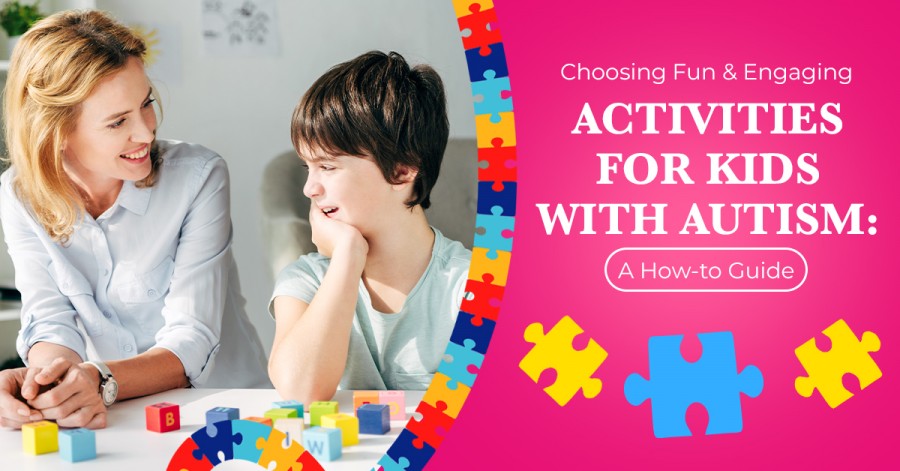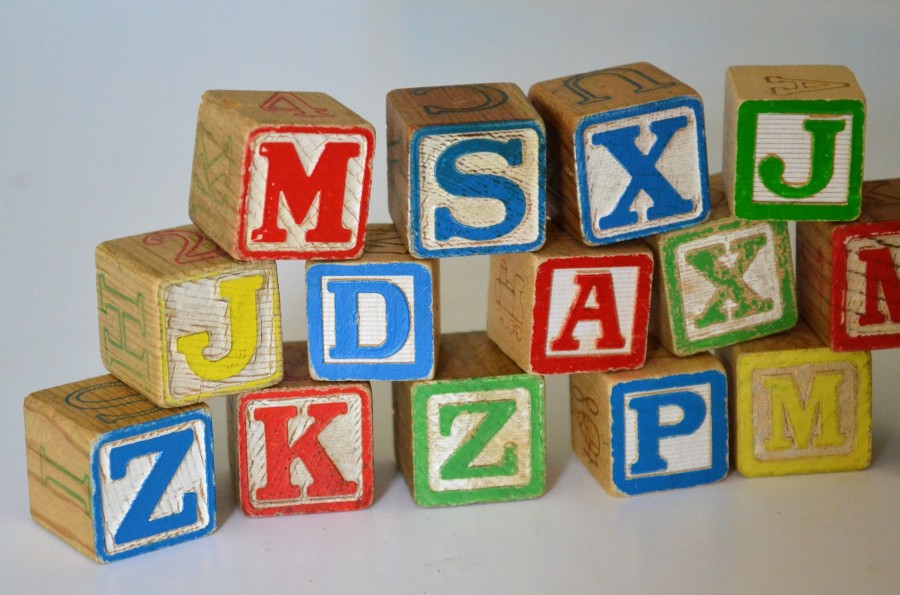Choosing Fun & Engaging Activities for Kids With Autism: A How-to Guide
Published 05 December 2022 at 13:51
Tickikids Blog Dubai > After-School Activities > Choosing Fun & Engaging Activities for Kids With Autism: A How-to Guide

If you are the parent of a child with autism, you know that finding activities that they enjoy can be a challenge. Many kids with autism spectrum disorder (ASD) have trouble with social interactions and sensory processing, so traditional activities like going to the park or watching TV may not be enjoyable for them. In this article, we will provide a how-to guide for choosing fun and engaging activities for kids with autism. We will also provide some ideas to get you started. Let's get started!

1. Choose Something That Interests Them
Children with autism often have strong interests and have a tendency to focus on those interests. When picking activities for kids with autism, try to find something that is closely related to their specific interests or hobby; this will make it easier for them to stay engaged. This will make it more likely that they will enjoy it. There are many different things that can interest children with autism, so take some time to think about what your child might enjoy. Some examples include puzzles, art activities, music, and sports. However, if your child has a specific interest, you should focus on that.
2. Reward Good Behavior
Rewards can be an effective way to encourage your child to participate in activities and stay engaged. Try to find something that is intrinsically rewarding for them; for example, if they like animals you could use stuffed animals as rewards. You should also be sure to reward good behavior immediately after it happens so your child will understand what is expected from them.
Rewarding outcomes are often referred to as reinforcements and it is one of the most important principles of ABA (applied behavior analysis). By understanding Applied Behavior Analysis, parents can modify the environment to better suit their child’s needs and help them stay engaged in activities. However, keep in mind that reward systems should be tailored to each child, so it is important to discuss this with your child’s therapist.
3. Consider Their Sensory Needs
Many kids with autism have difficulty processing sensory information, so it is important to consider their individual needs when planning activities. For example, some kids may be over- or under-sensitive to certain sounds and noises, so activities that involve loud music or a lot of noise may not be ideal. On the other hand, some kids may need more sensory stimulation than others, so an activity like swinging could help them stay engaged. It is also important to consider their tactile needs as well; for example, if your child does not like being touched then you may want to avoid activities that involve physical contact.
.jpg)
4. Utilize Structured Routines
Some kids with autism have difficulty transitioning from one activity to another or run out of things to do. To help, you can use structured routines and schedules to make sure they always have something to do. This will help them stay focused, as well as increase their understanding of the world around them. Structured routines are also beneficial for helping children with autism learn new skills and reduce behaviors that may be associated with anxiety or frustration. Furthermore, having a consistent routine can help with transitions and provide structure to their day.
5. Consider the Social Aspect
Another important factor to consider when choosing activities for kids with autism is the social aspect. Many children on the spectrum may have difficulty interacting with others, so it’s important to make sure that the activity you choose allows them some space to be themselves and interact at their own pace. For example, a group activity like going bowling may not be ideal since it can be overwhelming for some children. Instead, try one-on-one activities like going to the park or baking together. This can help your child build social skills and have meaningful experiences with others. Or, if you have other children in the family, try to do activities together as a whole group.
6. Find Activities That Are Accessible
When searching for activities for kids with autism, it is important to make sure that they are accessible. This includes making sure that the activity can be completed in a way that fits your child’s abilities. For example, if your child is nonverbal, you should look for activities that don’t require verbal communication. Additionally, be sure to take into account the environment in which the activity takes place; is it noisy or crowded? Are there a lot of people around or will your child be able to focus without distractions? By taking these factors into consideration, you can make sure that your child is able to participate in activities without feeling overwhelmed or uncomfortable.
7. Talk to Other Parents
One of the best ways to find activities that are ideal for children with autism is to talk to other parents. Other parents can provide valuable insight into which activities their children enjoy and which ones they find difficult. They may even be able to recommend specific activities or places that cater specifically to individuals with autism. Additionally, talking to other parents can help you feel less alone and provide support during the process of finding activities for your child.
8. Look Online for Ideas
Ultimately, the internet can be a great resource for finding activities for kids with autism. There are many websites and online forums that provide information and resources specifically tailored to individuals on the spectrum. Furthermore, looking online can give you access to ideas from all over the world, so you can find something unique and interesting that your child will enjoy.
There are many different activities that you can do with your child who has autism. It is important to find something that they will enjoy and be able to participate in, while also keeping their needs in mind. We have provided a few tips to help get you started on your search for the perfect activity. Remember, it is important to be patient and take things at your child’s own pace. With a little bit of effort, you can find an activity that both you and your child will love!